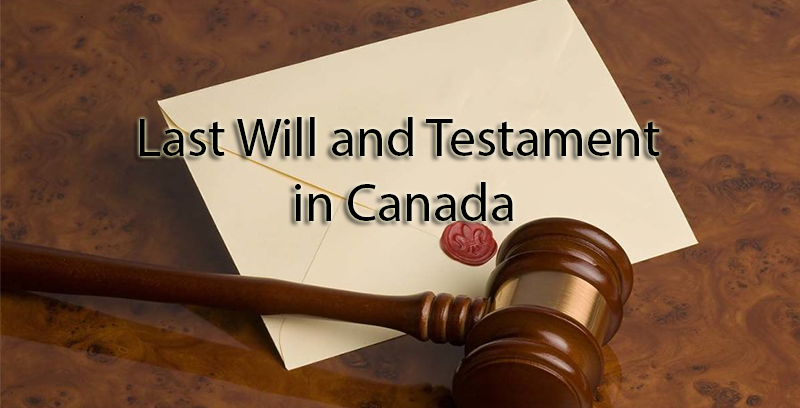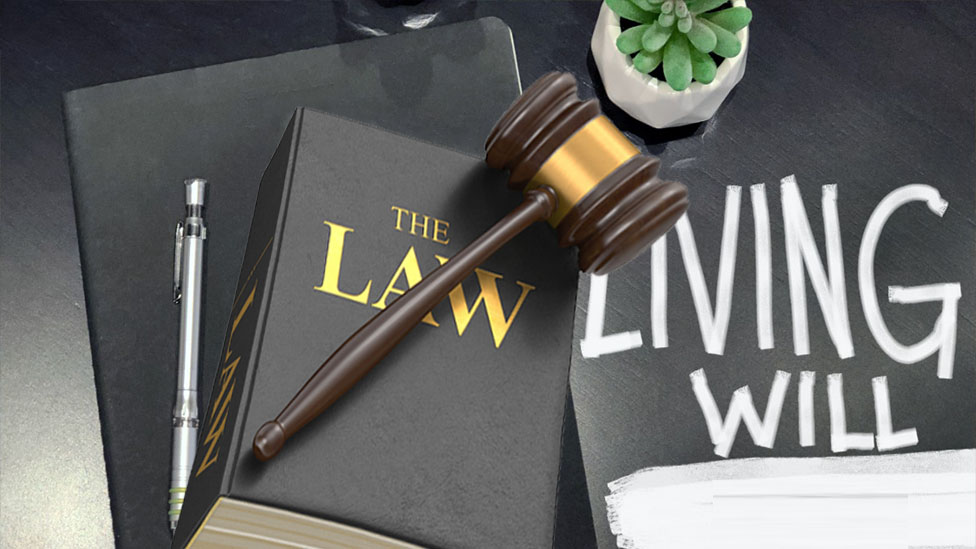
Your inevitable demise requires you to create your own last will and testament, which will determine who gets what part of your property, who takes your children under their wing, and who administers your estate. This is a smart move to administer control over what is yours even after your death, and it requires some planning.
When to approach an attorney?
Hiring a qualified and professional lawyer for estate planning would be based on your case’s complexity and, obviously, the cost involved.
The attorney will guide you through to keep your Will aligned with the state laws in a comprehensible language that will prompt no ifs and buts in the future.
Every state has its own share of requirements, which makes the will legally binding.
What are the essential elements that one finds in a last will or testament?
A last will or testament would include the following parameters positively:
- An executor or personal representative: This is the individual responsible for petitioning the court to open the estate’s probate.
- Testator or testatrix: the testator or the testatrix is the person who makes the will.
- Devisees and legatees: devisees and legatees are names of the people and institutions that receive items and assets upon the testator’s death.
- Bequest section: in this section, it will be mentioned who gets which personal property.
The property is usually a specific item, more like a gift or asset to be assigned to a named entity or person.
It could be like a diamond ring or some amount of money, etc.
Does anybody have the power or right to challenge a last will or testament?
Yes, your last will can vital for several reasons:
- It lacked proper witnesses.
- Any legal fault in the documents produced.
- If any beneficiaries feel slighted.
- If the testator or testatrix was not of a sound mind when signing it.
Why is it essential to update the last will or testament?
It is indeed important to update a will to prevent any chances of any delays or challenges to your estate.
Here is when you should update or make amendments to your last will or testament:
- If there are changes in state laws or any personal circumstances or finances.
- Changes in the will should be administered when the facts stated become inaccurate or irrelevant as in the case of getting divorced or moving out, adopting children, getting married, changing your mind about a beneficiary, or even death.
The changes to your will can be made in the likes of substantive changes or codicil.
The latter is used to make small changes to your will by attaching a secondary document to the original.
On the other hand, making significant or substantive changes to your testament will most likely require you to create and execute a fresh one.

